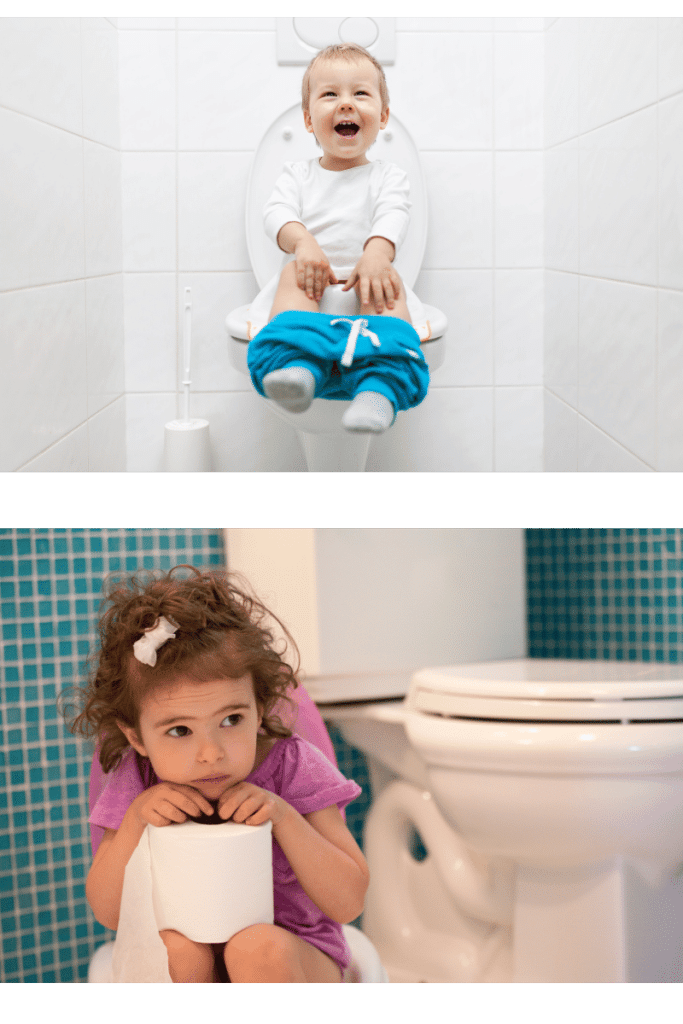Potty Training Readiness: 10 Signs to Watch For Success

Potty training is a significant milestone in a child’s development, but it can feel like navigating a complex maze for many parents. Every child is unique, and there’s no one-size-fits-all approach to toilet training. Understanding your child’s readiness and implementing the right strategies can transform this challenging phase into a positive, empowering experience for both you and your little one.
Signs of Potty Training Readiness
Physical Readiness Indicators
- Stays dry for at least two hours during the day
- Has regular, predictable bowel movements
- Can pull pants up and down independently
- Shows physical awareness of bodily functions
- Demonstrates sufficient motor skills to sit on a toilet
Cognitive and Emotional Readiness
- Shows interest in bathroom habits
- Can follow simple instructions
- Communicates the need to use the bathroom
- Demonstrates desire for independence
- Shows discomfort with dirty diapers
Real Parent Strategies: Tips and Tricks from the Trenches
1. Timing is Everything
Parent Tip from Sarah, Mom of Two: “Don’t rush the process. We tried potty training our first child at 2, and it was a disaster. With our second, we waited until 2.5, and it was so much smoother.”
Most boys are not ready until closer to 3 years old. Some girls are easier to potty train and will get started younger. Whether you have a boy or girl, follow their lead. Many times they will show interest, then lose interest quickly. That’s okay, they’ll get there with positive reinforcement.
2. Create a Positive Environment
Parent Strategy from Mike, Stay-at-Home Dad:
- Make bathroom time fun
- Use colorful, child-friendly potty seats
- Implement reward systems
- Celebrate small victories
- Never punish accidents
3. Consistent Routine
Experienced Parent Advice:
- Set regular bathroom breaks
- Use a timer or potty schedule
- Make bathroom visits a normal part of daily routine
- Be patient and consistent
4. Choose the Right Equipment
Recommended Potty Training Tools:
- Child-sized potty chair
- Toilet step stool
- Comfortable, easy-to-remove clothing
- Fun underwear with favorite characters
- Portable potty for travel
5. Communication Techniques
- Use clear, simple language
- Teach proper anatomical terms
- Explain the process step-by-step
- Read potty training books together
- Watch potty training videos
Common Challenges and Solutions
Dealing with Resistance
- Never force the process
- Respect your child’s pace
- Offer choices to increase motivation
- Use positive reinforcement
- Be patient and understanding
Nighttime Training
- Limit liquids before bedtime
- Use waterproof mattress protectors
- Consider overnight training pants
- Celebrate dry nights
- Be prepared for occasional setbacks
When to Seek Professional Advice
- No progress after consistent attempts
- Child shows significant anxiety
- Physical difficulties with toilet use
- Regression in previously learned skills
- Concerns about developmental milestones
Psychological Considerations
- Avoid shame or punishment
- Recognize individual differences
- Understand that each child learns differently
- Maintain a supportive, loving approach
- Build child’s confidence- celebrate the wins
Common Mistakes to Avoid
- Starting too early
- Inconsistent approach
- Comparing to other children
- Showing frustration
- Losing patience
Best Book for Potty Training
A great parent resource for the potty training adventure.
Conclusion
Potty training is a journey of patience, understanding, and celebration. Every child reaches this milestone differently, and success comes from a combination of readiness, positive reinforcement, and unconditional support. Trust your instincts, listen to your child, and remember that this phase, like all parenting challenges, is temporary.
For more great tips, follow this link https://www.pampers.com/en-us/toddler/potty-training/article/potty-training-tips-step-by-step-potty-training
Pro Tip: Document your potty training journey. The memories and progress photos will become cherished moments you’ll look back on with both humor and pride.
Disclaimer: Every child is unique. Consult pediatricians or child development specialists for personalized guidance.

